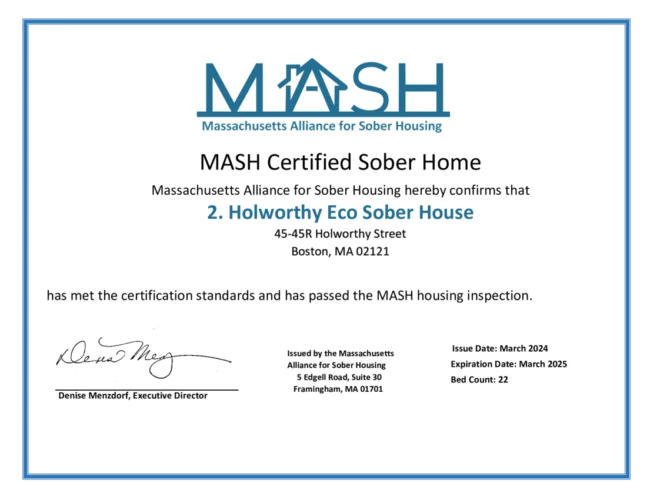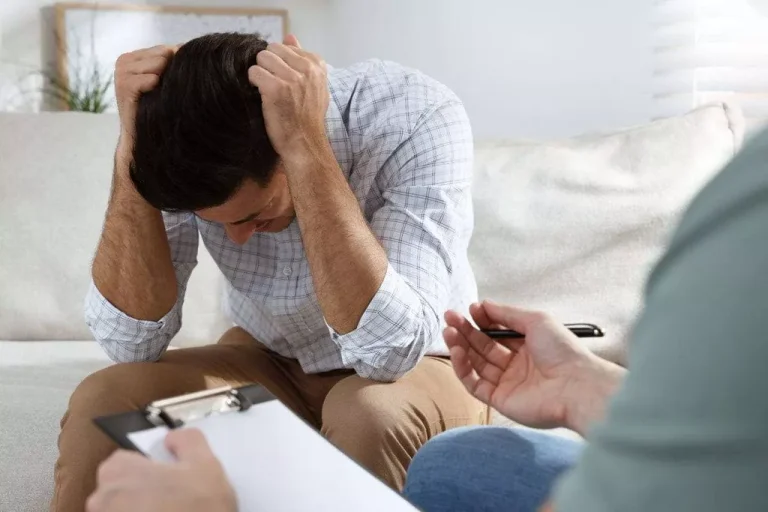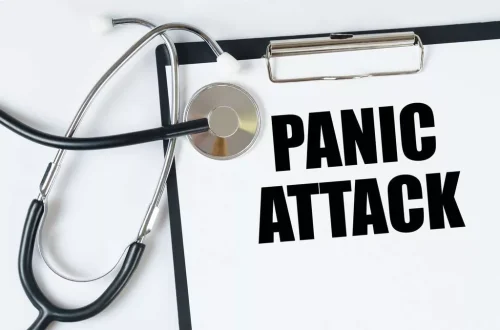
Some of your friends, or the ones who are threatened by your decision, will do things like pretend it’s not happening, pressure you to drink, question your choice, or say something like, “Oh, you’re still doing that not drinking thing? ” Sometimes they stop talking to you altogether. I stopped drinking at the end of 2016 and have stayed sober ever since. I regularly blog about sobriety and normally choose to focus on the benefits I’ve experienced since quitting drinking. That’s because sobriety has been overwhelmingly a positive experience for me.

I don’t regret quitting alcohol, but sobriety isn’t always easy.
Some will certainly remain, but even those aren’t necessarily long-game friendships. Sobriety is kind of like the fast-pass line at Disneyland, except the ride is growing up. Even if your friends aren’t rocked by the not drinking thing, it’s possible that if they aren’t engaging in their own path of self-discovery, there may be tension at some point while you figure yourself out and evolve, and you may grow apart. So if all of your friends drink alongside you, then there’s no issue, right? Well, there’s a concept in psychology known as “confirmation bias,” and it means that we often look for evidence to support something that we already believe to be true.
Enjoy Sobriety
Join Recovery Connection in celebrating your recovery with our sobriety calculator. I share my experience because I do not want others to be blindsided like I was. Sobriety is not all roses and reggae, after all, and those who are in a position to help, will always stress the indisputable fact that being clear-headed is better than being a drunk.

Recovery Connection
- Enjoy how sobriety supports your practices in the upper reaches of human potential, including in spiritual life.
- I’m not sad, I don’t want to die, and antidepressants haven’t helped.
- The life I had before I quit drinking was a lot like Groundhog Day; I was always waiting for it to begin and always reliving the same stuff, day after day, year after year.
- The knowledge that you are putting distance every day between yourself and problematic past behaviors.
- The feeling that there is nothing to be ashamed of, that you are taking an honorable path.
It’s an opportunity to grow into your bones, and every single crap thing that happens to you on the way only makes you stronger. But this, I’ve learned, is a beautiful thing. You are a mirror now, a flashlight of sobriety in a society that is laced with the judgment that it’s abnormal to abstain from alcohol.
Alcohol helped me forget my awkwardness and not-belongingness and it helped me talk to and be with people without my neck muscles freezing up (this is a thing that happens to me, I literally lose my neck function in large groups of people). Drunk me didn’t have to worry if I was alone at a party because drunk me didn’t abide such things. Drunk me didn’t worry if she belonged, or said the right thing, or had to have small talk because drunk me just handled that. Ask any sober person whether they want to go to a cocktail party or stay in with a pack of La Croix, The Crown, and a bathrobe.
Some people sober up, but they’re still jerks.
It truly is one of the best choices I’ve ever made. By “sobriety,” I mean healthy self-control, a centered enjoyment of life, and an inner freedom from drivenness. We typically apply this sense of balance and self-care to things like food, drugs and alcohol, sexuality, money, and risky behaviors. And if you like, you could bring sobriety to other things as well, such as to righteousness, contentiousness, over-working, or controlling others.
- However, the idea behind the Addicted-Self Model is that alcoholism, like many other diseases, is a physical ailment—one that there is no cure for, only treatments that can help alleviate the symptoms.
- I was inspired to revisit the topic after reading a recent post by Heather Lowe, called Sober is Boring and I Have Lost Friends.
- Because sobriety is not always easy, and even if it’s improved most parts of my life, it’s also damaged a few.
It will hurt (pretty bad at first), but in time you will come to see it as the gift it is—and you won’t waste time getting to know the wrong person. That being said, you might not be at a place where you want people to know you’re not drinking, and that’s OK. You can provide an excuse, like that you’re on antibiotics, or you aren’t feeling great or want to feel fresh for something you have going on the next day. It’s important to remember that you never have to give yourself up to make other people comfortable—ever.

If you’re like me, this can feel entirely terrifying. I have always hated the feeling that I’m putting people out or being difficult. Before I quit drinking, I never really used to care about dividing the bill down the middle with a group. At some point after college, it just didn’t matter if someone had a meal that was four dollars more than mine, or if they ate more edamame, or even if they had one more drink than I did. Now that I’m sober, this is a bigger deal.
The Downside of Sobriety: The 6 Things No One Tells You Might Happen If You Quit Drinking
Interestingly, as of 2019, 73 percent of addiction treatment programs in the United States used a spiritual component,6 the majority referencing God or a Higher Power. It may also be helpful to get to know yourself on your own, first. Spending sober time becoming familiar with your being sober sucks body intimately can help you better communicate your needs to someone else when you feel ready for that step. When I was drinking, it never occurred to me that I was an introvert. I would have classified myself as someone who loved to be around people and go out with them at night.
